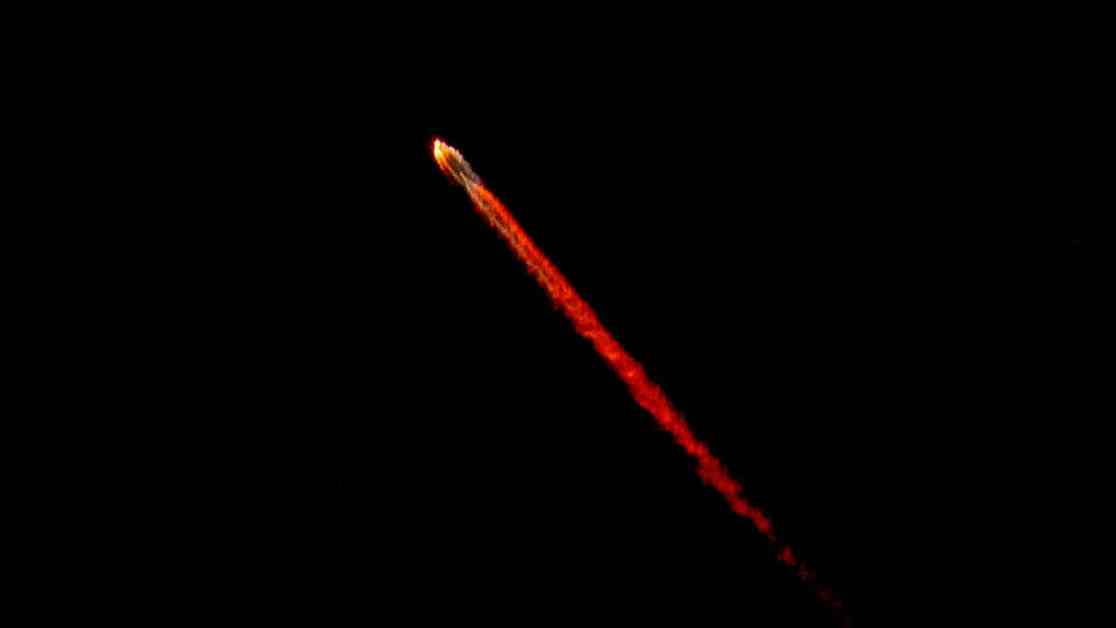More than 100 space researchers have come together to express their concerns about SpaceX’s plan to launch thousands of satellites for its internet service, Starlink. They are urging the federal government to conduct an environmental review before allowing the company to proceed with its ambitious project.
Elon Musk’s SpaceX has been granted permission by the Federal Communications Commission to launch nearly 12,000 satellites into space, with plans to launch over 20,000 more. This number far exceeds the current number of non-SpaceX satellites orbiting Earth. However, the FCC currently exempts most telecommunication projects, including satellites, from formal environmental reviews.
The researchers argue that the existing rule exempting such projects from environmental reviews was created almost four decades ago and does not account for the potential impacts of new technologies like Starlink. They emphasize the need to assess the benefits and potential harms of the project through an environmental review process.
The Starlink constellation aims to provide internet coverage worldwide, particularly to underserved rural communities and regions without reliable cell tower service. While the service has already helped various groups, including Ukrainian soldiers, hurricane victims, and commercial flight passengers, concerns remain about the environmental impact of the satellite network.
SpaceX’s satellites are designed to have a lifespan of approximately five years, after which they will be deorbited and replaced. However, the process of deorbiting and incinerating spent satellites could introduce metals and compounds into the upper atmosphere, potentially disrupting its delicate balance of elements and molecules.
The researchers who signed the letter are not only concerned about the environmental impact of satellite constellations but also the interference they cause in astronomical observations. Satellites passing through telescopes’ field of view leave streaks in images, requiring scientists to develop new techniques to mitigate these effects and maintain the clarity of their observations.
In light of these concerns, the Government Accountability Office recommended that the FCC assess the environmental impacts of satellite constellations. International cooperation and streamlined regulation of satellite projects are seen as crucial steps towards balancing the benefits of space technology with its potential consequences.
While SpaceX has made efforts to address concerns raised by astronomers, such as reducing the reflectivity of its satellites, ongoing scrutiny of its projects continues. The company’s dispute with the California Coastal Commission over rocket launches for Starlink further highlights the need for comprehensive oversight and regulation in the space industry.
As discussions around the environmental impact of satellite mega-constellations continue, researchers and policymakers stress the importance of striking a balance between advancing space technology and safeguarding the Earth’s atmosphere and astronomical observations. Addressing these challenges will require cooperation at both national and international levels to ensure responsible and sustainable space exploration.



























